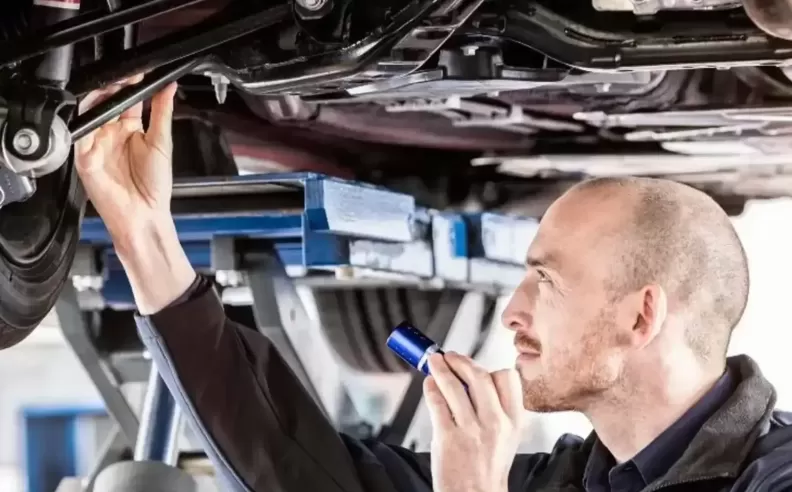
When buying a used car in Saudi Arabia, making the right choice starts long before signing the deal. A smart buyer knows that careful inspection is the key to avoiding hidden issues, unexpected costs, and tough negotiations later. From checking accident history to evaluating the engine, chassis, and electronics, every step matters. This guide breaks down how to approach the process like a pro and walk away with a car that gives you confidence on the road.

The process begins before even seeing the car in person. Buyers should run a report on the vehicle through the official Mojaz platform in Saudi Arabia to confirm accident history, mileage accuracy, and previous ownership. Checking recall information through the Saudi recall system is another smart move. Coming prepared with a printed checklist and, if possible, an OBD II reader makes the inspection more thorough. This early preparation ensures no major red flags are overlooked.

A visual inspection often reveals signs of past damage. Differences in paint color, uneven gaps between doors and panels, or weld marks are strong indicators of accident repairs. A paint thickness gauge can confirm whether a section was repainted. Checking the glass and lights for mismatched production years can also highlight repairs. Underneath, lifting the car allows you to inspect the chassis, cross member, welding points, suspension arms, and for any oil leaks from the gearbox or differential. Tires and brake discs should also be checked for wear and cracks, especially under the hot Saudi sun.

Start the engine when it is cold to listen for abnormal knocking sounds or rough idling. Watch the exhaust: blue smoke means burning oil, and thick white smoke suggests cooling system issues. Remove the oil cap to look for foam that could mean coolant mixing with oil. Hoses and the radiator should not show swelling or excessive hardness. For the gearbox, test smooth shifting in all modes including reverse and drive. During a short road test, acceleration should be consistent without jerks or delayed gear response.

Modern cars rely heavily on electronics, and buyers should test every system. Windows, central locking, mirrors, air conditioning, cameras, sensors, and seat adjustments should all be confirmed. Using an OBD II reader helps detect hidden fault codes even if no warning lights are showing. A proper 10 to 20 minute test drive is crucial. It should include both city and highway speeds, where the driver can check steering stability, brake vibration, and suspension noise. Monitoring engine temperature and gearbox performance under stress ensures reliability before finalizing the purchase.

Started my career in Automotive Journalism in 2015. Even though I'm a pharmacist, hanging around cars all the time has created a passion for the automotive industry since day 1.
